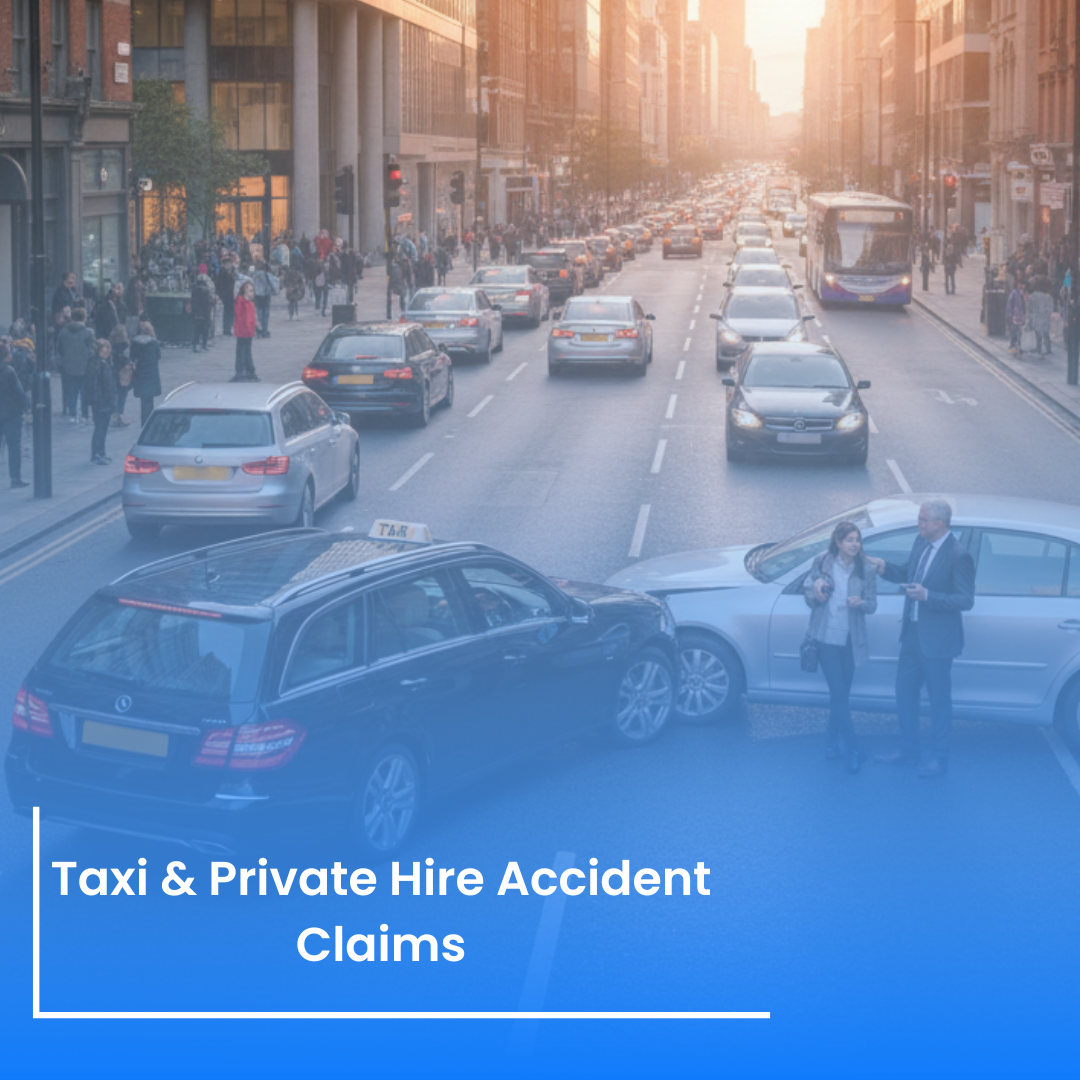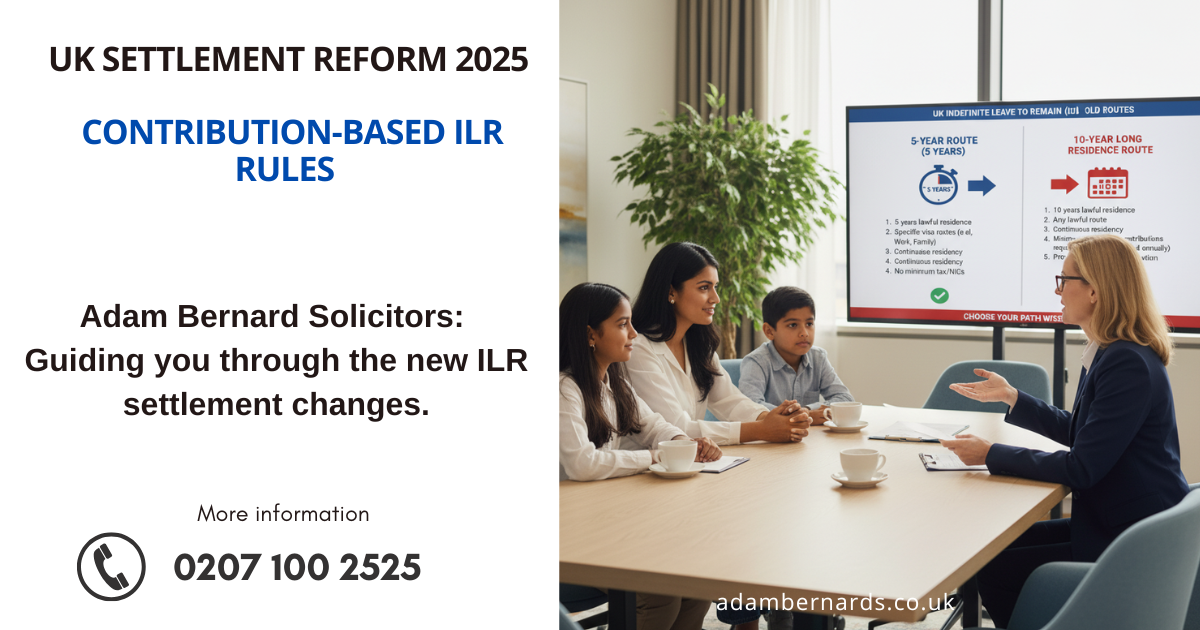One of the most important things you have as a landlord is your property. Trespassing is when someone enters or occupies your property without your permission, which is regrettably sometimes the case. Regaining legal ownership of your property requires knowing your legal rights and the proper processes, regardless of whether the situation involves squatters, former tenants who refuse to leave, or unlawful access.
Our speciality at Adam Bernard Solicitors is landlord and property law, and we provide professional legal advice and prompt action to safeguard your property rights and effectively handle trespassing situations.
What Is Trespass?
When someone enters or stays on territory without authorisation or legal authority, it is known as trespass. Being a civil wrong, the property owner has the right to file a civil lawsuit to have the trespasser removed and to recover damages.
Common examples include:
- Unauthorised squatters inhabiting a property
- Refusing to vacate after a tenancy expires
- Encroaching neighbours on property or borders
- Public participants or protesters accessing private property
Even though trespassing is usually a civil matter, under UK law, there are rare situations where it could be considered a criminal act, particularly when residential squatters are involved.
Legal Framework: Understanding the Law
There are several key legal provisions that landlords should be aware of when dealing with trespass.
1. The Criminal Law Act 1977 (Sections 6 and 7)
- If someone is inside the premises and objects to access, it is illegal to use or threaten violence to get in, according to Section 6 of the Criminal Law Act of 1977. Squatters frequently abuse this clause by putting up “Section 6 notices” to dissuade landlords or law authorities, but it does not give them the legal right to stay.
- According to Section 7, it is illegal for an unauthorised individual to refuse to leave a residential property when the lawful occupant requests that they do so.
These provisions are particularly relevant in residential trespass cases, where landlords seek to remove occupiers who refuse to vacate.
2. Sentencing and Punishment of Offenders Act 2012 (Section 144)
Squatting in a residential building is now illegal under Section 144 of the LASPO Act. This implies:
- Squatters who are occupying residential property without authorisation may be arrested by police.
- Courts can impose fines or imprisonment of up to six months.
The ability of landlords to take prompt action in situations of residential trespass has been greatly enhanced by this legislation.
3. Common Law Eviction for Commercial Premises
As long as they behave civilly and proportionally, landlords can use their common law rights to evict trespassers from commercial properties without first obtaining a court order. Usually, certified law enforcement officials use this technique to make sure that the law is followed and to stop disturbances.
How Adam Bernard Solicitors Can Help
Common law rights allow landlords to evict trespassers from commercial properties without a court ruling as long as they behave appropriately and quietly. Usually used by certified law enforcement officials, this technique ensures adherence to the law and guards against disturbances.
1. Expert Legal Advice and Strategy
We begin by reviewing the facts of your situation and advising on the most appropriate course of action — whether that involves criminal enforcement, civil proceedings, or self-help remedies under common law.
We always aim to keep costs and delays to a minimum while making sure that every action is completely compliant with the law.
2. Possession Proceedings and Court Orders
Under Part 55 of the Civil Procedure Rules, we can start possession proceedings when trespassers won’t leave on their own.
Our solicitors will:
- Get all the court paperwork ready.
- Attend hearings on your behalf.
- Obtain eviction warrants and secure possession orders.
We take prompt, effective action to give you back control of your property.
3. Working with Enforcement Officers
Sometimes, especially when it comes to commercial buildings or unapproved camps, we work with High Court Enforcement Officers to conduct legal evictions. This guarantees that everything is done safely, professionally, and in compliance with all applicable laws.
4. Dealing with Squatters and Unlawful Occupiers
Under Section 144 LASPO 2012, we can help you report squatters occupying your home property to the police enforcement.We can file a civil possession claim and get a court order forcing the squatters to vacate if police action is delayed.
5. Preventing Future Trespass
In order to stop future trespassing and illegal occupation, we also assist landlords in taking preventative action. Among the preventive legal services we offer are:
- Creating strong tenancy contracts with precise possession and termination provisions
- Giving advice on security alerts and signage
- When necessary, issuing Section 6 legal warnings
- Educating landlords on risk-reduction techniques for property management
Our Commitment to Landlords
At Adam Bernard Solicitors, we pride ourselves on offering landlords:
- Specialist expertise in property and trespass law
- Fast, decisive action to regain possession
- Clear and transparent communication throughout the process
Take Control of Your Property with Adam Bernard Solicitors
📞 Call us today at 02071002525
📧 Email: info@adambernards.co.uk
Let our expert property solicitors help you protect what’s rightfully yours.
Frequently Asked Questions
Early legal guidance is crucial if you are interacting with trespassers, squatters, or unlawful occupiers. If you want to protect your property and avoid long delays, you must act quickly.
Depending on if the case is criminal or civil, timelines differ. Some squatters can be evicted in a matter of days, while others might require several weeks to go through the legal system. Our team minimises interruption by acting quickly.
Trespassers never had permission to occupy the property, while tenants who refuse to leave after a tenancy ends are considered “unlawful occupiers.” Both situations can be dealt with legally, but the process differs.
Section 144 LASPO 2012 permits police to take action if the property is residential. If not, the court will frequently need to issue a possession order. We’ll evaluate your case and choose the quickest legal path.
Under Section 144 LASPO 2012, police may take action if the property is residential. Otherwise, a court-issued possession order is frequently necessary. After reviewing your case, we’ll choose the quickest legal path.
Not precisely. Not all trespassers are squatters, but all squatters are trespassers. Squatters are people who occupy a place with the aim of residing there, whereas trespassers are those who enter land or property without authorisation. Squatting on residential and commercial premises is treated differently under the law
An unauthorised occupier is someone who stays after the tenancy has ended. Depending on the situation, you may need to serve a Section 8 or Section 21 notice of possession. Our solicitors can secure a possession order and make sure the eviction is carried out legally if they continue to refuse to go.
The situation will determine this. It may take a few days to evict home squatters in simple circumstances with police support. The duration of civil possession proceedings often ranges from two to six weeks, contingent upon the court schedule. We give immediate action top priority and can frequently speed up the procedure.
Trespassing during protests is becoming a bigger problem for many landlords. People are free to demonstrate, but they are not allowed to occupy private property or cause disturbances. We can help with enforcement to regain property and secure injunctions to stop additional trespassing.
Serious issues including property damage, fly-tipping, or claims of adverse possession (if they have occupied the land for ten or more years) can arise from ignoring trespassers. Removing occupants gets very difficult the longer trespassing persists. Legal action should be taken as soon as possible.
















